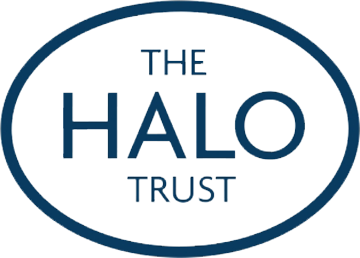The HALO Trust mission is to lead the effort to protect lives and restore livelihoods for those affected by conflict. It is the world’s largest humanitarian land mine clearance organization with more than 8,700 employees across 25 countries and territories. HALO continues to play a major part in removing land mines, but also deals with the broader debris of war—small arms, improvised explosive devices, and unexploded ordnance. HALO’s work has helped millions of families return to their homes and livelihoods after times of conflict.
Before implementing Workday Adaptive Planning, local experts and program administrators charged with budgeting and forecasting relied heavily on complex spreadsheets, with the inevitable consequences of version control, broken formulas, and difficulties in both consolidating and reporting the global picture.
Workday Adaptive Planning provides globally distributed teams with an easier, faster, and standardized approach so that budgets and forecasts reflect current local circumstances and form a part of the consolidated organizational picture.
With Workday Adaptive Planning, we can set country-specific and global assumptions on a single platform, increasing the speed and accuracy of program budgeting.
Finance Director
Challenges.
The lack of a standardized approach to budgeting and forecasting made budget validation and review difficult for centralized teams.
The organization relied on complicated spreadsheets that made budget amendments and reforecasting time-consuming for local teams and difficult to consolidate.
The challenge of leveraging local experts who understood the terrain, climate, and available resources meant distributed teams had to prepare their own complex spreadsheets using custom macros and links.
Results.
Workday Adaptive Planning supports HALO Trust’s continued growth with an easy-to-implement common planning platform designed to mirror the operational planning cycle.
Budgets and forecasts are updated seamlessly allowing for continuous planning and faster insights for more agile decision-making.
Centralized budgeting and forecasting processes make it easier for the central finance team to validate plans and have paved the way for more streamlined global reporting.

